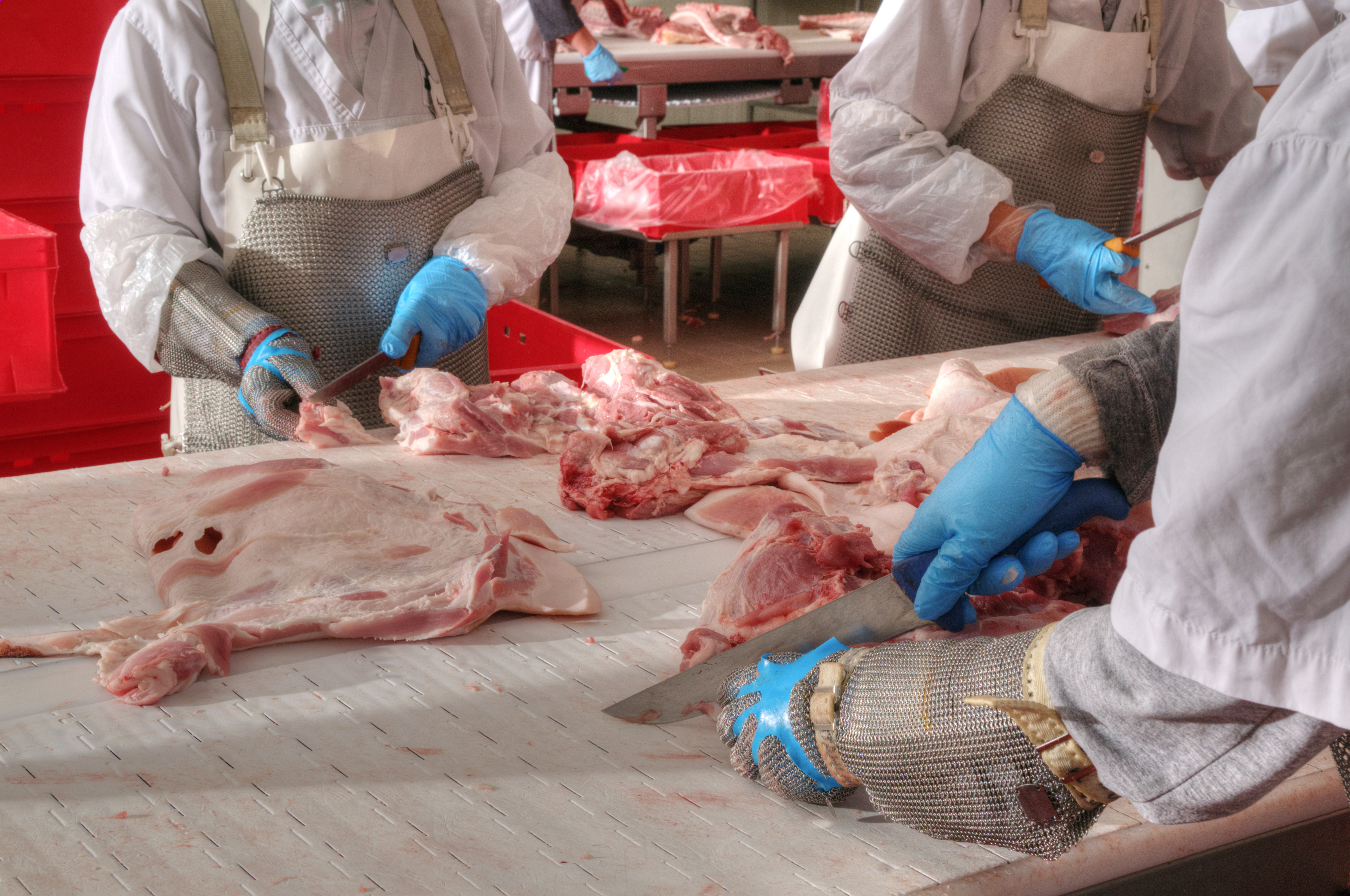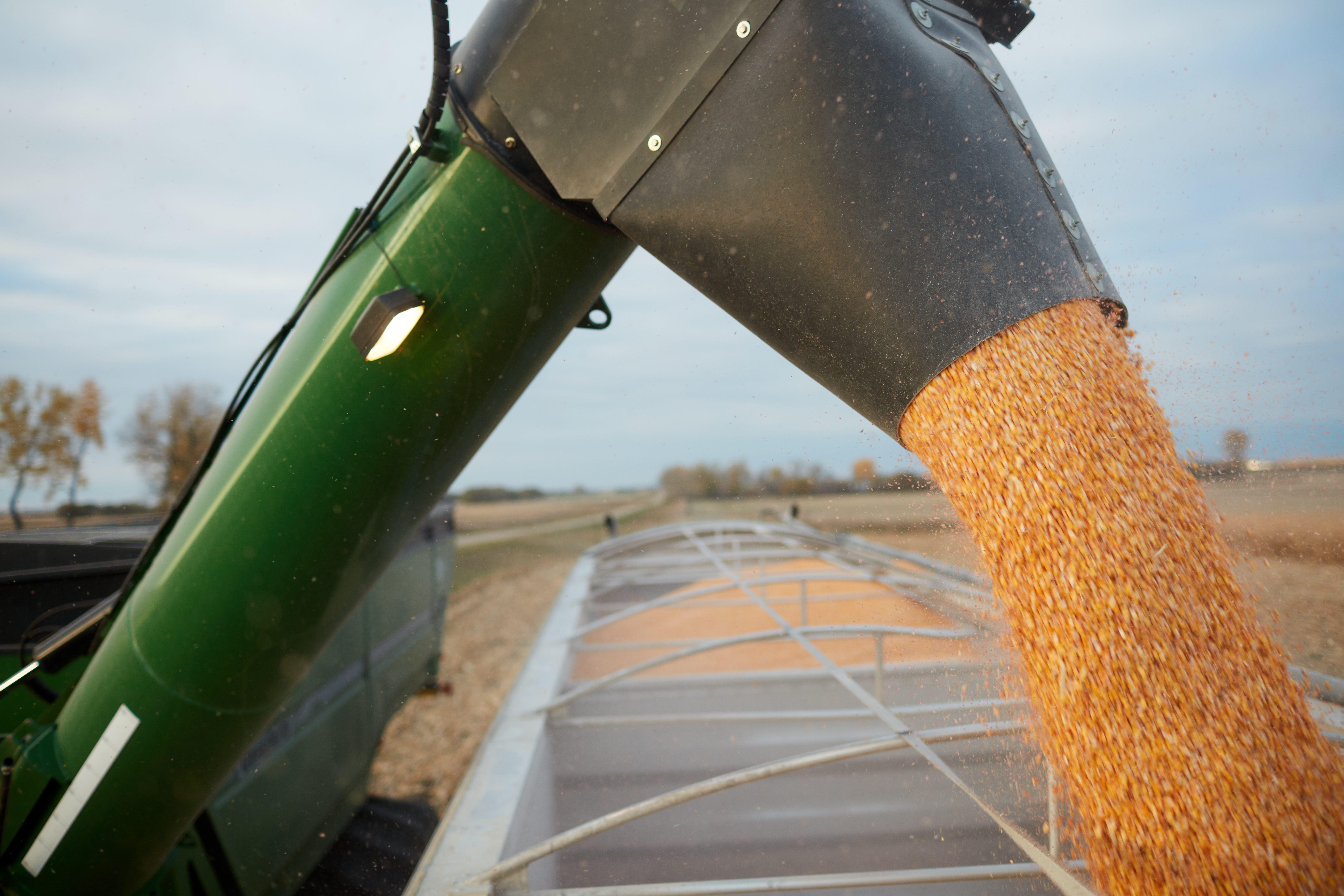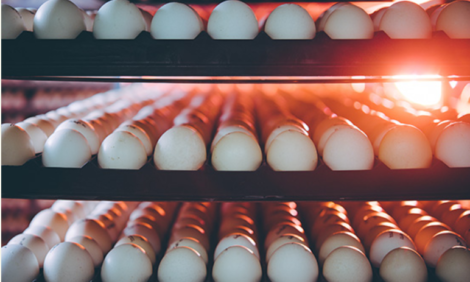



Brazil meatpackers JBS and BRF report being stung by feed costs in the home market
Brazilian meatpackers JBS SA and BRF FA acknowledged that they are struggling to pass on higher feed costs to consumers in their home market, but JBS sounded had a more bullish tone given its big US exposure.Reuters reports that both companies reported late on 12 May that they had swung to first quarter profits after losses a year ago.


JBS, which gets most revenue from sales in North America, booked a quarterly profit of 2.045 billion reais ($386 million), while BRF, which sells a majority of its volumes in Brazil, booked a more meager 22 million reais ($4.15 million) profit.
"It was a quarter different from what we dreamed of in 2020," BRF Chief Executive Lorival Luz said in a call with journalists on 13 May.
He told Reuters that BRF, the world's largest poultry exporter, was considering earlier slaughter for chickens and temporary stoppages at its pork and poultry plants in response to record corn prices.
Credit Suisse analysts Victor Saragiotto and Felipe Viera expressed concern about what they called "concerning dynamics" at BRF.
"The scenario we expect to materialize in the coming quarters is the one we are concerned about: an almost never-ending pressure on grain prices," they said in a research note, adding that BRF and some rivals "could be in a challenging situation throughout 2021."
JBS shares were down 2.1% in late afternoon trading in Sao Paulo, while BRF slumped 2.8%.
In a call with analysts, JBS executives said they were able to pass on higher grain costs to consumers because food demand is strong in markets such as the United States and Canada.
In Brazil, however, higher feed prices have dented margins of the JBS' Seara processed food division, a direct competitor of BRF, given a sluggish economy and slow COVID-19 vaccinations.


"The rise in grain prices is a global thing," said Wesley Batista Filho, director-at-large of JBS. "Given this scenario, we will have to work in a more efficient way."
JBS said it is "well positioned" to deal corn shortages in Brazil but declined to elaborate.
In Asia as a whole, both companies should benefit as food sales recover from the pandemic and more people are vaccinated.
In China, a key market for both companies, demand for all proteins should remain strong as the country still tries to recover pork herds after a deadly pig disease, the firms said.
($1 = 5.30 reais)









